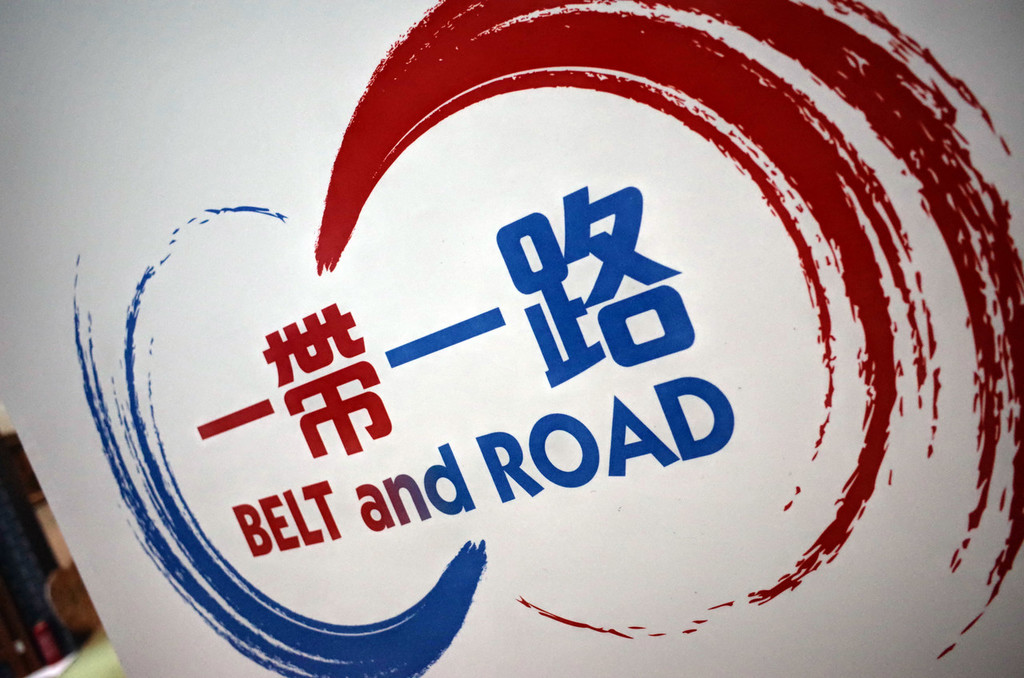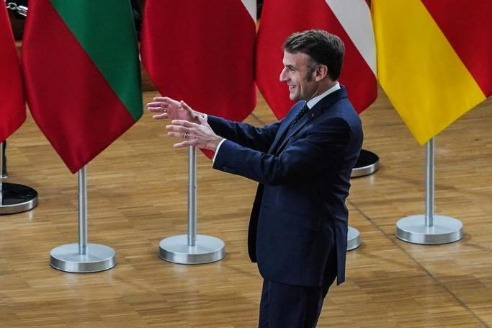At forum, US is urged to join China's Belt and Road Initiative


The leader of an international think tank urged the US to join the Belt and Road Initiative during a forum that shed light on the principles and scope of China-proposed global development initiative.
"We want to cooperate with the Belt and Road Initiative, but we emphatically insist that the US must be a part of it," said Helga Zepp-LaRouche, president of Schiller Institute, one of the primary organizations of the LaRouche movement.
She made the remarks Saturday via a recorded video message during the "China's Belt and Road Initiative — A Historic Opportunity for the USA" conference, which gathered around 50 attendees, including diplomats from China, Belgium and Kenya, as well as representatives of local government.
Zepp-LaRouche praised China's reform and opening-up efforts, which she said has not only transformed China economically, but also allowed China to help other developing countries overcome underdevelopment and poverty.
"Now, the West should not be upset about it, because they could have done the same thing. Why didn't the US and Europe develop Africa, Latin America, and most of the Asian countries?" she asked.
The BRI is a development initiative and cooperation framework proposed by Chinese President Xi Jinping in 2013 when he visited Kazakhstan and Indonesia. It focuses on connectivity and cooperation among countries, primarily between China and the rest of Eurasia, said Shi Yuanqiang, Chinese deputy consul general in Los Angeles, a guest speaker at the forum.
Shi said BRI is proposed by China, but belongs to the whole world. "It is a platform for win-win cooperation rather than a tool to 'put one's own country first,'" he added.
The deputy consul general said countless opportunities are available for American corporations through BRI projects.
The current administration sent White House officials to attend the first Belt and Road Forum for International Cooperation, he said. Even though the US didn't send federal officials to attend the second forum, the US embassy in Beijing had representatives present.
In fact, the US has the largest group of delegates among all countries at the second forum this year, Shi said.
Although the current status of the US-China relationship presents certain challenges, China still has strong confidence in the relationship, Shi said.
"Our confidence comes from the huge achievements produced by our bilateral relationship," he said.
"There are many, many roads; there are many, many belts that need to be built in the future," said Richard Chen, another guest speaker at the forum and a board member of the US-China Forum.
































